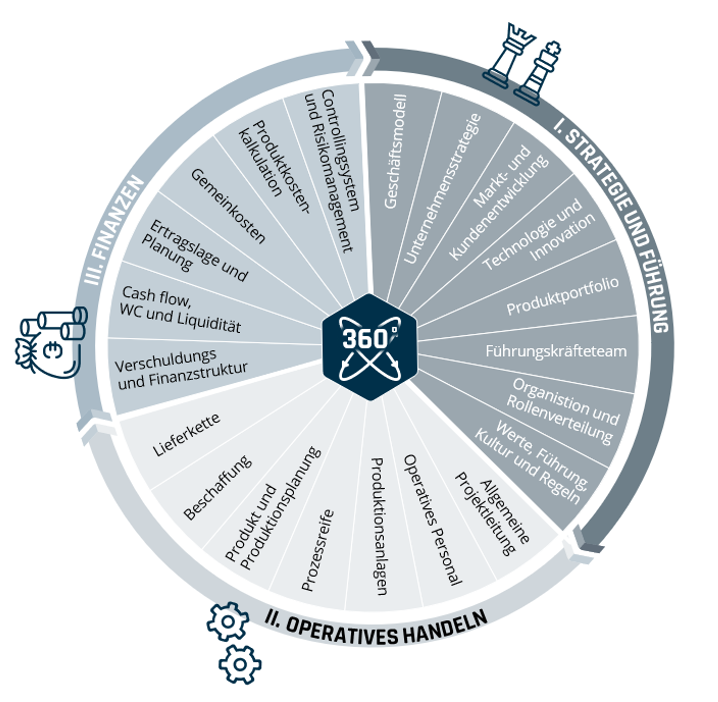Philipp M. Stuetz (1981) joined Berylls at the beginning of 2021. He has over fifteen years of experience in the automotive industry. Thereof he spent seven years at an international automotive supplier with assignments in Spain, the USA and Mexico and over eight years in consulting. His focus is in operations excellence, especially in large transformation programs, process optimizations and efficiency improvements in administrative functions and indirect operations areas. He counts suppliers and OEMs to his clients alike.
Philipp M. Stuetz graduated in business administration from the universities of Stuttgart and Strasbourg.

